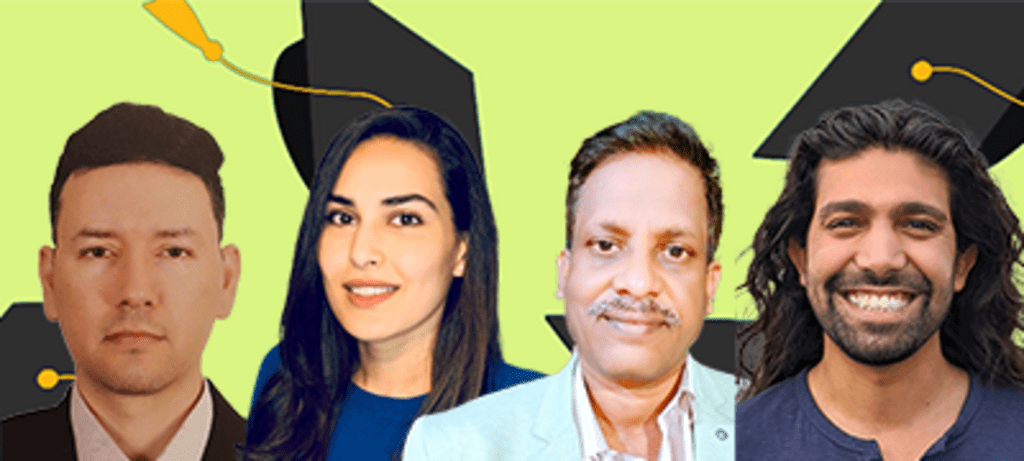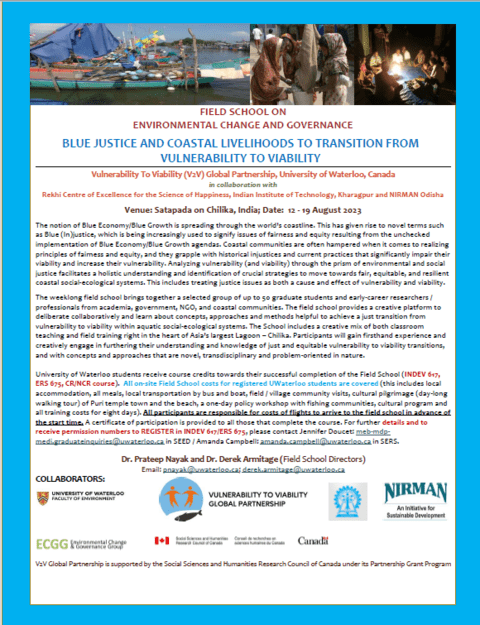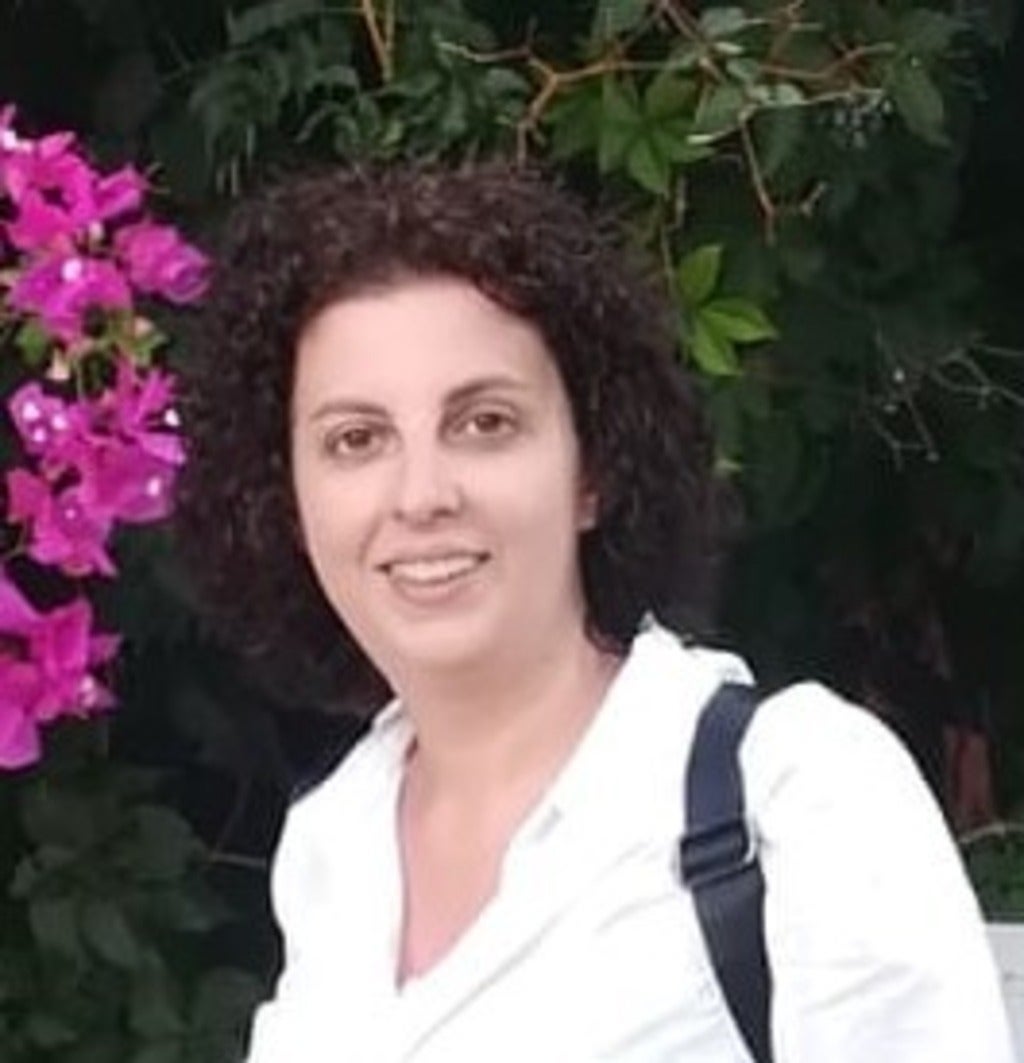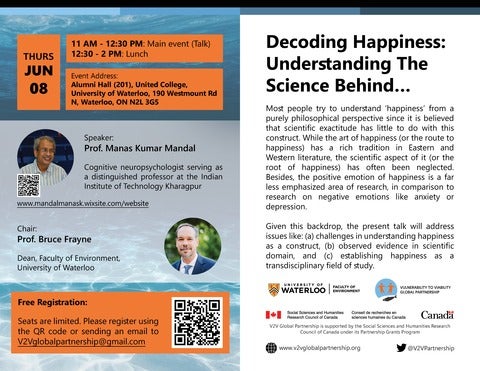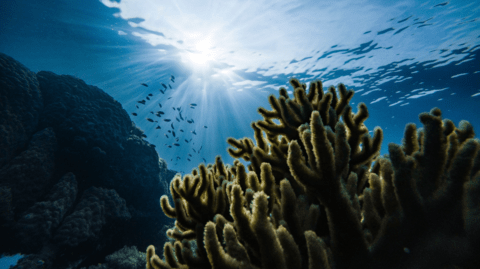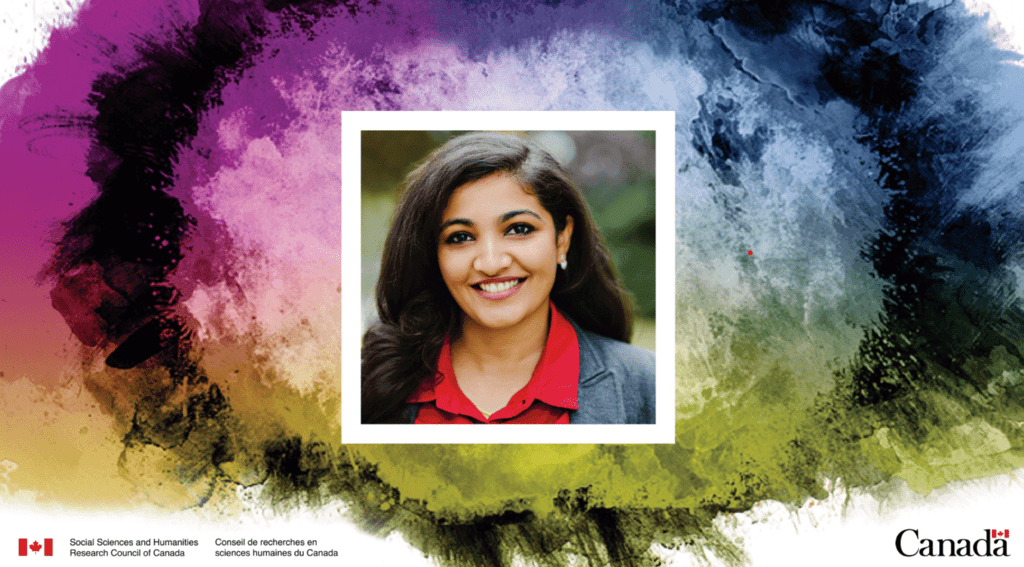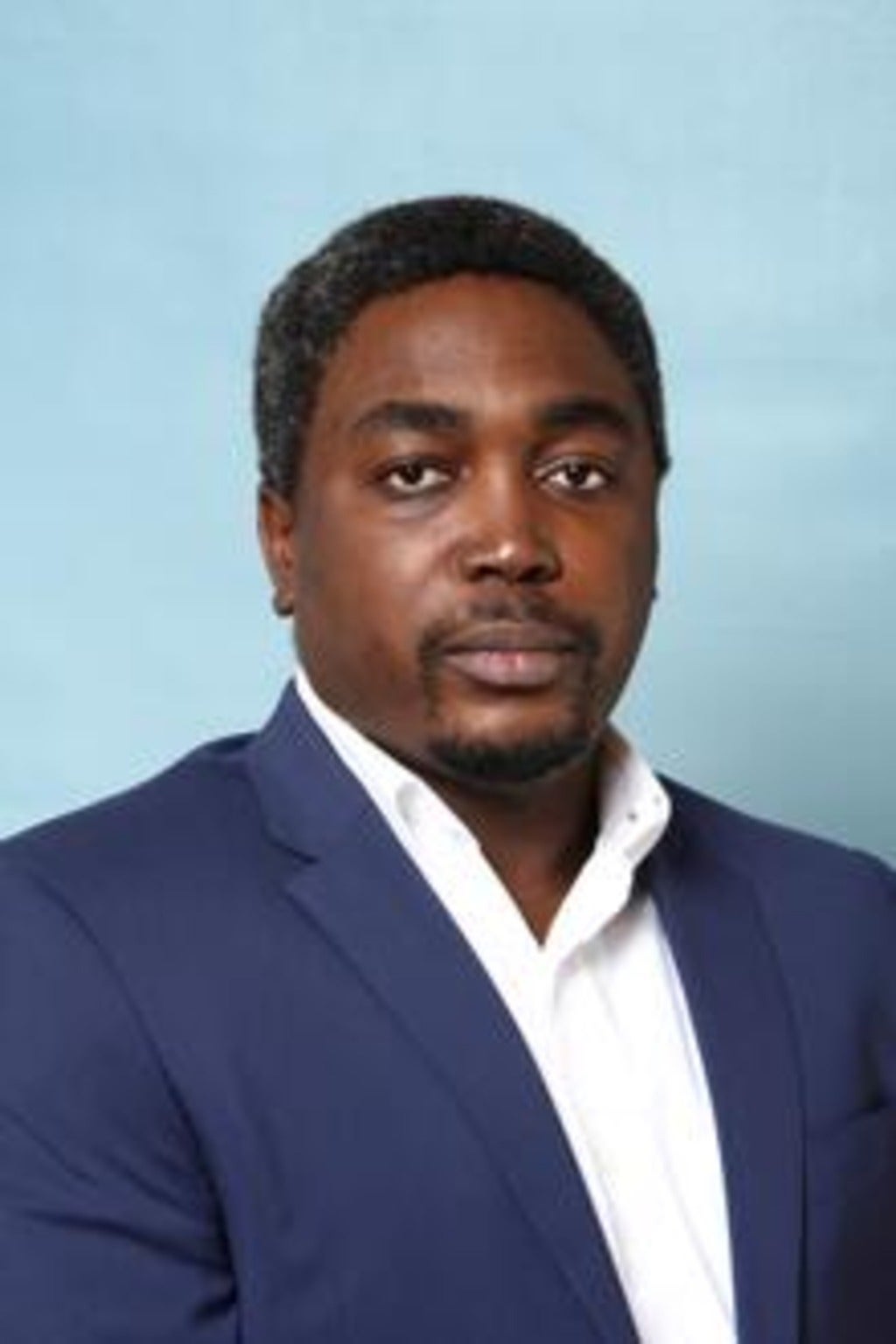New research finds that Canada’s electrical and electronic waste (e-waste) has more than tripled in the last two decades, the equivalent of filling the CN tower 110 times and generating close to a million tons in 2020 alone.
The University of Waterloo researchers completed the first comprehensive estimate of e-waste in Canada to understand its lifecycle, from sales of electronic items to e-waste generation. Their findings reveal that the e-waste generation per person has increased from 8.3 kg in 2000 to 25.3 kg in 2020. The e-waste in Canada is expected to continue rising in the near future and underscores the need for proactive forecasts to better manage the evolving electronics sector.
“This study provides useful insights to policymakers for setting up targets for e-waste reduction and recycling to recover valuable resources from e-waste,” said Komal Habib, professor in the School of Environment, Enterprise and Development and Waterloo Industrial Ecology Group. “E-waste could also help to create a secondary supply chain of critical materials, reducing the risks of potential supply disruptions.”
The estimated growth of e-waste is attributed to consumer habits and Canada’s growing population. As the number of households increases, so does consumption. The study found that large household appliances, such as refrigerators and washing machines, dominate the e-waste stream considering mass. However, the less bulky items dominate in quantity; household lighting is the top item, followed by toys and sports equipment, and information technology (IT) and telecommunications equipment, such as cellphones and laptops.
There are pros and cons of the expected increase in e-waste for the recycling industry. When it comes to IT and telecommunication equipment, the industry’s efforts to make lightweight products are leading to the dilution of precious and critical materials per product, creating a challenge for recyclers to recover. However, increasing quantities of this e-waste could lead to potential incentives for the continuous operation of the recycling industries.
“The findings will be beneficial for stakeholders to explore possible material and revenue generation opportunities from e-waste,” said Habib. “For example, it can help electronic manufacturers and recyclers to understand the potential for urban mining, plan for future extractions of critical materials, and identify the need for safe handling of any hazardous materials.”
The study also indicates that more attention should be given to improving repair, refurbishment, and product life extension opportunities rather than focusing solely on recycling and material recovery. In the future, the researchers indicated that assessing consumer behaviour data to create a more accurate and complete picture of e-waste management in Canada is necessary to better inform sustainable management practices.
The study, A first comprehensive estimate of electronic waste in Canada, appears in the Journal of Hazardous Materials.
